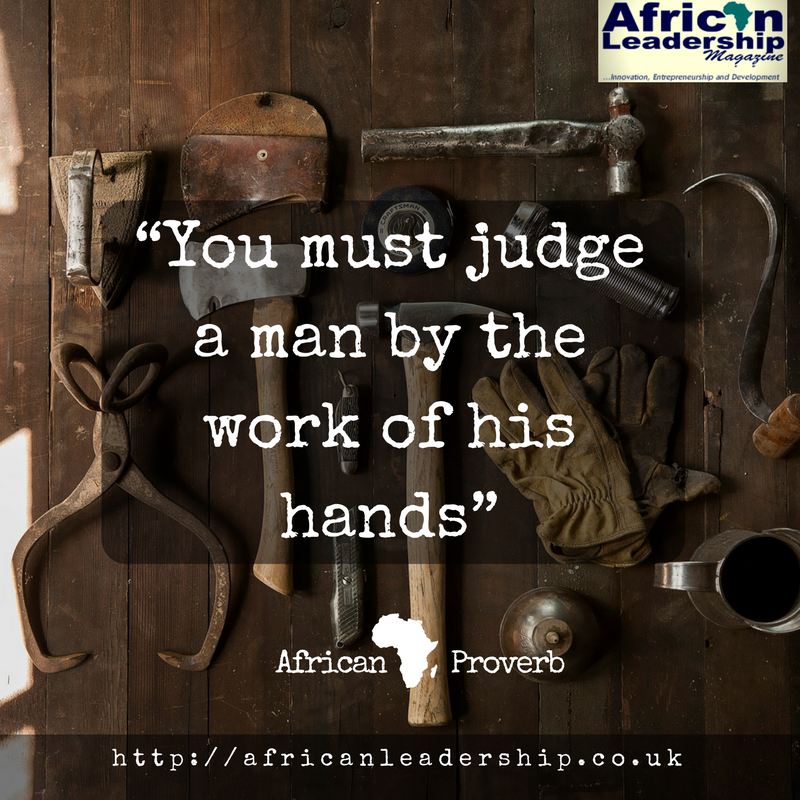The Emerging Africa Infrastructure Fund (EAIF) will hold its next quarterly board meeting in Kampala on September 4th, followed by visits to two projects it has backed. Board members will travel from across Africa, from Asia and from the UK for the meeting.
Led by its chairman, David White, the board will first visit Tororo in Eastern Uganda, where it backed a 10MW solar farm, Tororo Solar North, that is nearing completion. The facility expects to be producing power by the final quarter of 2017. Some 36,000 people are set to benefit from the power produced at Tororo. EAIF’s directors will move on to Kalangala, the capital of Bugala Island, the largest of Lake Victoria’s Sesese Islands, where an EAIF loan helped bring improvements to transport, energy and water facilities.
“It is a very great pleasure to be visiting Uganda,” says David White, “We are proud of the part EAIF has played in working with the private sector to boost Uganda’s electricity capacity and to help power the nation’s economic progress.”
EAIF provides debt on commercial terms to companies in sub-Saharan Africa that are building, expanding or upgrading infrastructure. It can lend between US$10 million and US$50 million to qualifying projects. To date, it has backed over 64 projects in 21 sub-Saharan countries.
The Fund’s core capital is provided by the governments of the UK, The Netherlands, Sweden, and Switzerland. Additional funding comes from private sector banks and the Dutch development bank, FMO and its German equivalent, KFW. The Fund is currently valued at US$598 million.
EAIF is a member of the Private Infrastructure Development Group (PIDG), which is funded by donors from seven countries (UK, Switzerland, Australia, Norway, Sweden, Netherlands, Germany) and the World Bank Group.
The majority of PIDG companies operate mainly in Africa, providing a range of specialist financial products to support and encourage private sector investment in infrastructure. Since 2002, PIDG has supported 133 infrastructure projects to financial close and provided 265 million people with access to new or improved infrastructure.
In total, EAIF has helped finance eight hydro and solar power facilities in Uganda. In July, it announced its support for the refinancing of the Bugoye Hydro Station, which has been operating since 2008 and was built with the help of an EAIF loan. It is estimated that EAIF has provided loans to power stations now producing around 15% of Uganda’s installed generating capacity.
While a major player in Uganda’s renewable energy sector, EIAF is also prominent in other parts of Africa, backing projects in telecommunications, transport, ports, infrastructure, and components manufacturing. It anticipates signing its first project in the water and sanitation sector in the near future.
In addition to supporting a range of infrastructure sectors, other PIDG companies are active in supporting renewable energy projects, including InfraCo Africa, GuarantCo, and TAF.
EAIF and PIDG were established with the three core objectives of mobilizing private capital and stimulating economic development to help eliminate poverty.
In commercial terms, the Emerging Africa Infrastructure Fund is by any measure a financially successful business. It has never lost money and has been operationally self-sufficient for over a decade. EAIF has supported private sector infrastructure projects that have made the lives of millions better and stimulated economic growth in many sub-Saharan African countries, often in fragile states recovering from a natural disaster or violent conflict, sometimes both.
The success of the Fund is a mark of the quality of the companies and managements it invests in, and of the benefits of the public-private model under which it operates. The real dividend for its shareholders is in what it helps build and the positive impacts in the countries where it operates.
EAIF is part of long term political and financial support for emerging economies in Africa to help make them more resilient, more affluent and more stable.
With its private sector partners, EAIF helps build better societies. It plays a part in building a better and safer world.
EAIF is managed by Investec Asset Management (IAM), one of the largest third- party investors in private equity, credit, public equity and sovereign debt across the African continent.


